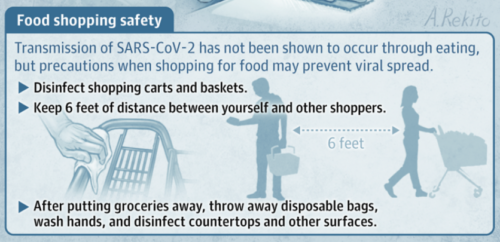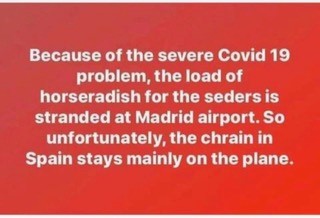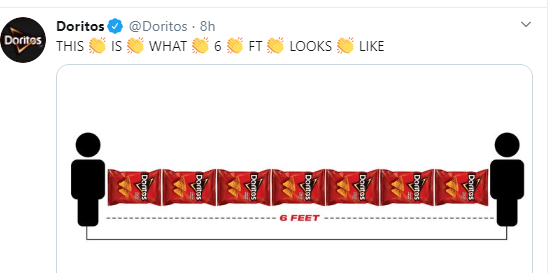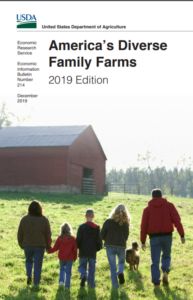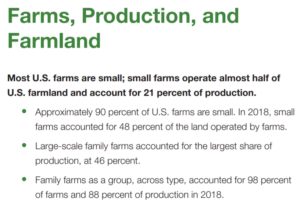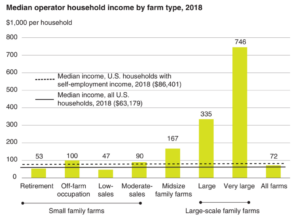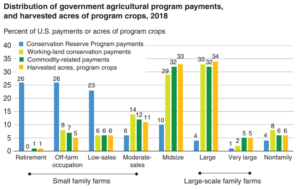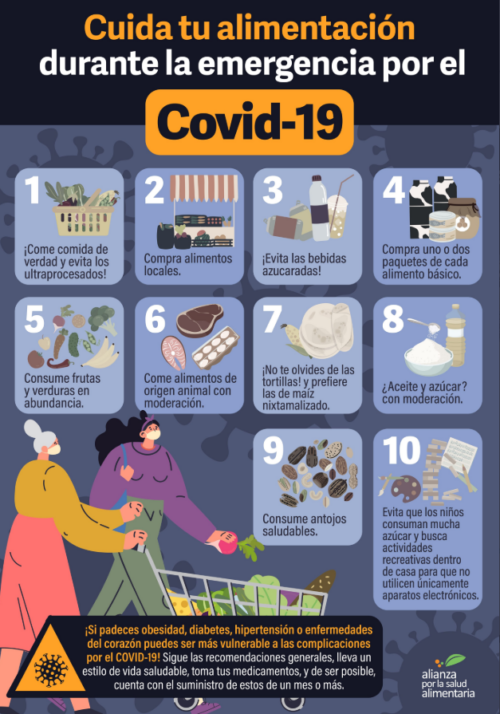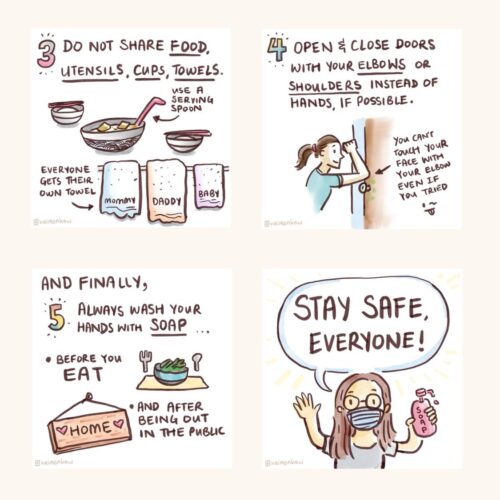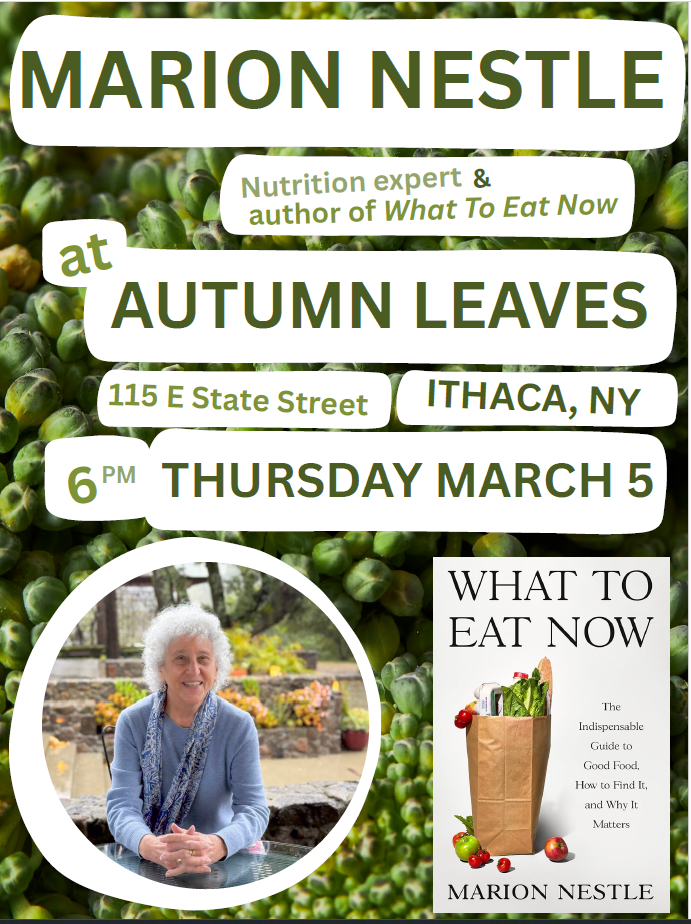The Miami Herald reports that millions of pounds of fresh produce are being left to die on the vine or plowed under because the shutdown of the hospitality industry — restaurants, cruise ships, schools, airlines, and theme parks — has reduced demand.
Harvesting that fruit can cost more than twice as much as simply razing it. Workers who usually make between $15-$17 an hour, paid by the amount they pick, instead earn minimum wage doing field work. So one million pounds of green beans and four million pounds of cabbage at R.C. Hatton will be churned into mulch in the next few days.
Dairy farmers in New York are dumping milk:
Grimshaw Farms in Henderson, New York milks about 300 cows. This week they’ve dumped 30,000 pounds of milk. “We are being told there is too much milk on the market,” Grimshaw shared on Facebook. “This is very strange when we are being told many milk shelves across the country are empty. Sure hope we can remain in business after these trying times.”
So are dairy farmers in Wisconsin,who used to sell most of their milk to schools, restaurants, and food service companies.
The Wisconsin dairy industry has been dealt a harsh blow from the economy that’s been slammed by coronavirus shutdowns. About one-third of the state’s dairy products, mostly cheese, are sold in the food-service trade.
And here is a letter from Gene McAvoy of the University of Florida’s Institute for Food and Agricultural Sciences detailing what he has been hearing from growers about food dumping and losses. This is a brief excerpt; it’s worth reading all of it.
On Tuesday, March 24, a local broker says, everything changed. From brokers, orders stopped and everything got quiet. Wednesday, the 25th, super-quiet. Since then tomato volumes are down 85 percent, green beans are like 50 percent, cabbage is like 50 percent. R.C. Hatton has plowed under 100 acres of green beans, around 2 million pounds, and 60 acres of cabbage, or 5 million pounds. Florida’s tomato growers target 80% of their production to restaurants and other food service companies, rather than to supermarkets. In this sector, growers are walking away from big portions of their crop. Tony DiMare estimates that by the end of the growing season, about 10 million pounds of his tomatoes will go unpicked.
Wait! I’ve read this before! I wrote the foreword to the updated edition of Janet Poppendieck’s “Breadlines Knee-Deep in Wheat: Food Assistance in the Great Depression.”
Then, the public was so appalled by farmers’ destroying food while hungry people were lining up for food handouts that the federal government had to respond. That’s when it authorized food assistance programs, among them food stamps (now SNAP). This program was designed originally to help farmers as well as the poor. Poppendieck’s book explains how small farmers got left out of those policies, a decision that haunts us to this day.
So here we are with farmers destroying food and New York City providing free meals to anyone who needs one (see my post on this).
Will all this produce a much stronger safety net for everyone who has been put out of work by this crisis or is paid too poorly to survive?
Will this at last lead to agricultural policies that support small and mid-size dairy farms and farms in general?
If COVID-19 has done anything beyond making people sick, it has made these needs clear.
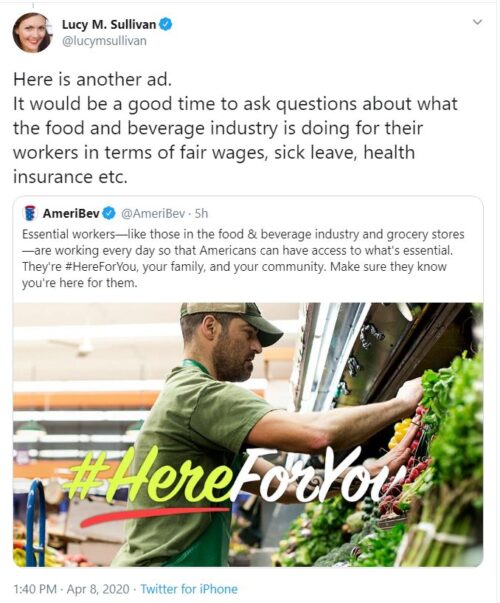

 How’s that for reassuring?
How’s that for reassuring?